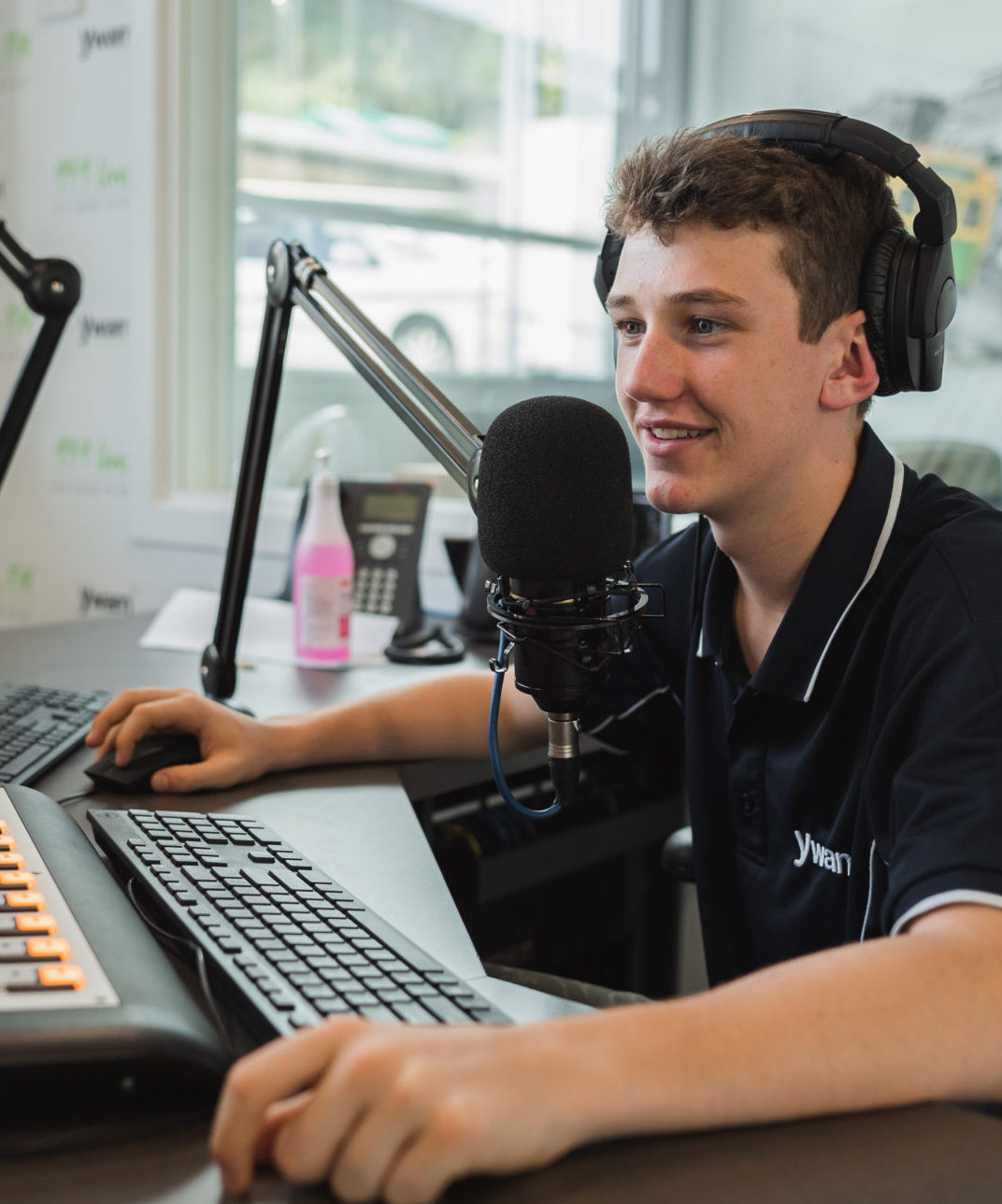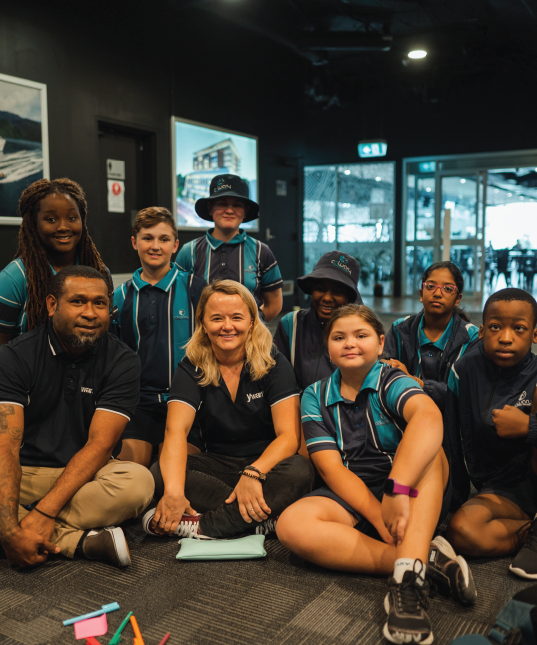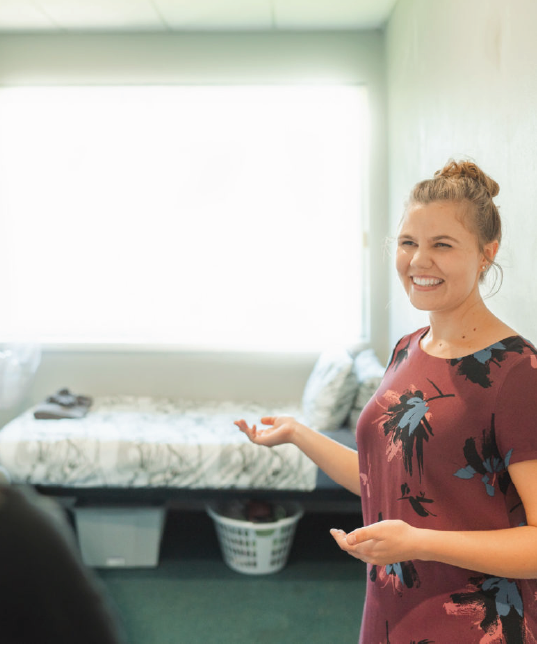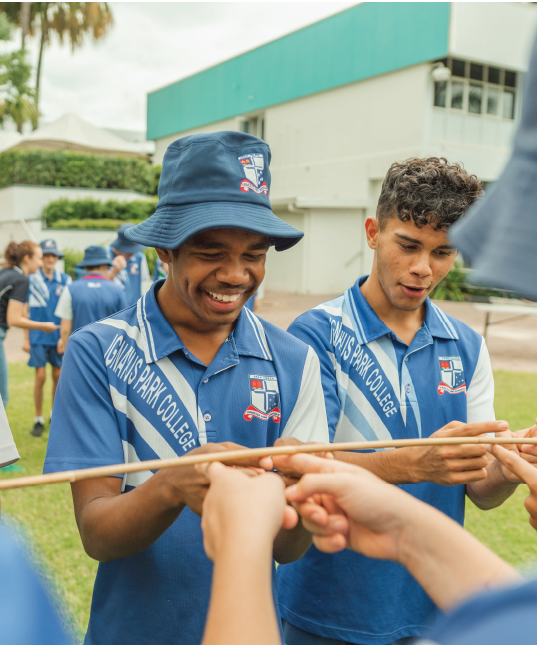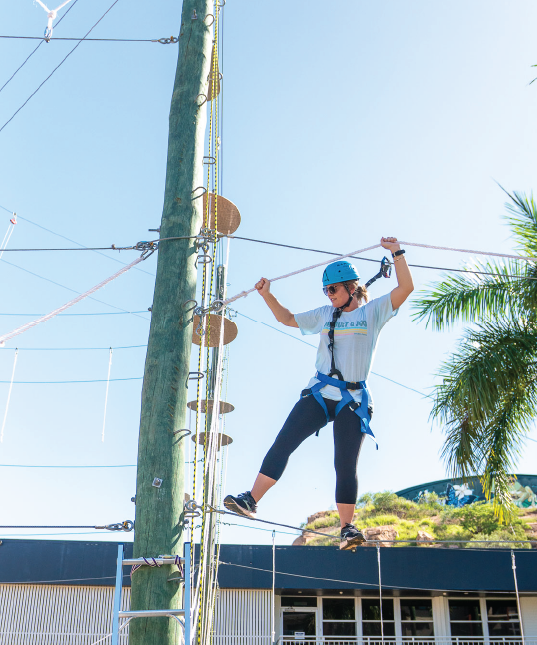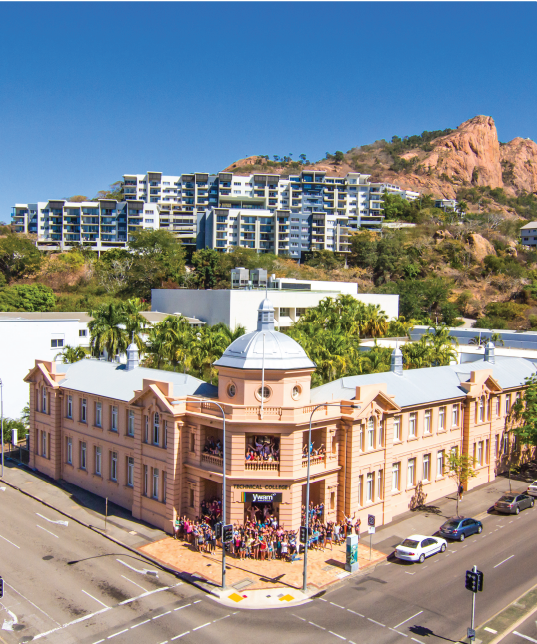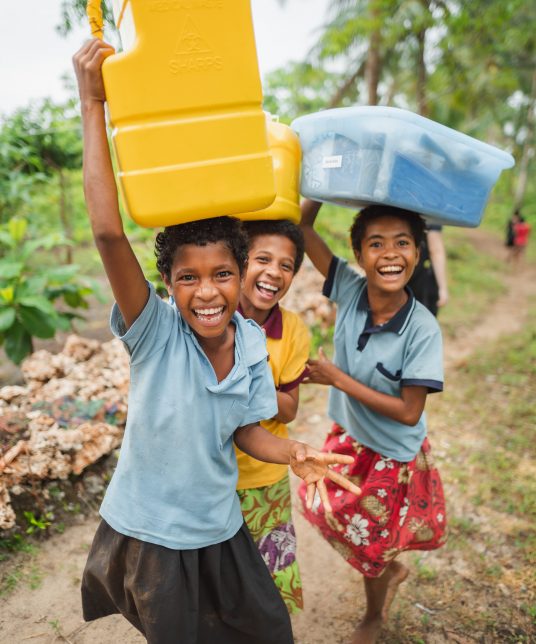Can you imagine being a midwife of 30 years and yet never having used a doppler to listen to and monitor an unborn baby’s heartbeat? Can you imagine delivering a baby in the black of the night with only a flashlight to break the darkness?
Meet Antonia – this is her normal.
Antonia is the head nurse and midwife for the heath station at Emeti in the Bamu River region of Papua New Guinea’s Western Province. Every year she delivers baby after baby with very little resources at her disposal. The entire community, including her clinic, has no electricity whatsoever.
She is one of our heroes.
This year we were able to make her job a little bit easier, and hopefully make childbirth a whole lot safer, by presenting the health center at Emeti with a solar suitcase.
The solar suitcase, designed and made by the American-based We Care Solar, is outfitted with solar-powered lights, battery chargers, a phone charger, headlamps, and a fetal doppler to monitor the baby’s heartbeat.
Earlier this year, one of our staff members fundraised among her peers during the lead-up to Mother’s Day in order to see the suitcase released to this under-resourced area. She encouraged families to donate in honor of their mothers and to join together in remembering mothers in rural PNG where the rate of death in childbirth is a shocking one in seven.
Families all over the world gave generously to see this suitcase purchased for PNG.
The suitcase arrived at our office in Australia just in time to board a plane to PNG the very next day, and our ship left for the Bamu River the day after. The whole lead-up to getting it to the Bamu was literally a miracle in itself.
Once in Emeti, we presented the solar suitcase to the health center and our engineer coached the health workers in how to use it before mounting it to the wall of the delivery room for safe keeping.

Inside the tiny delivery room at Emeti Health Centre. This is the best-equipped delivery room in the entire region.
Antonia and her co-workers were stunned and joyful, and the entire village surrounded us as we explained what it was for and how it would help bring light into the delivery room, making birth safer for both mother and baby alike.
After the gift was presented to the health center and successfully installed in the delivery room, one of our midwives showed Antonia how to use the doppler. “The wonder and excitement in her eyes during that moment alone was enough to bring the small room full of onlookers to tears,” shared YWAM staff member Adriel Booker. “You could see Antonia’s confidence growing and sense the hope rising in her heart. There is no doubt in our minds that she feels further equipped in her work as a midwife and health provider.”
And now we leave the miracle of modern technology and solar-powered light to support the birthing process and miracle of life for mothers of the Bamu River. What an amazing outcome as we continue our work to strengthen local health care facilities and empower health workers in PNG.













